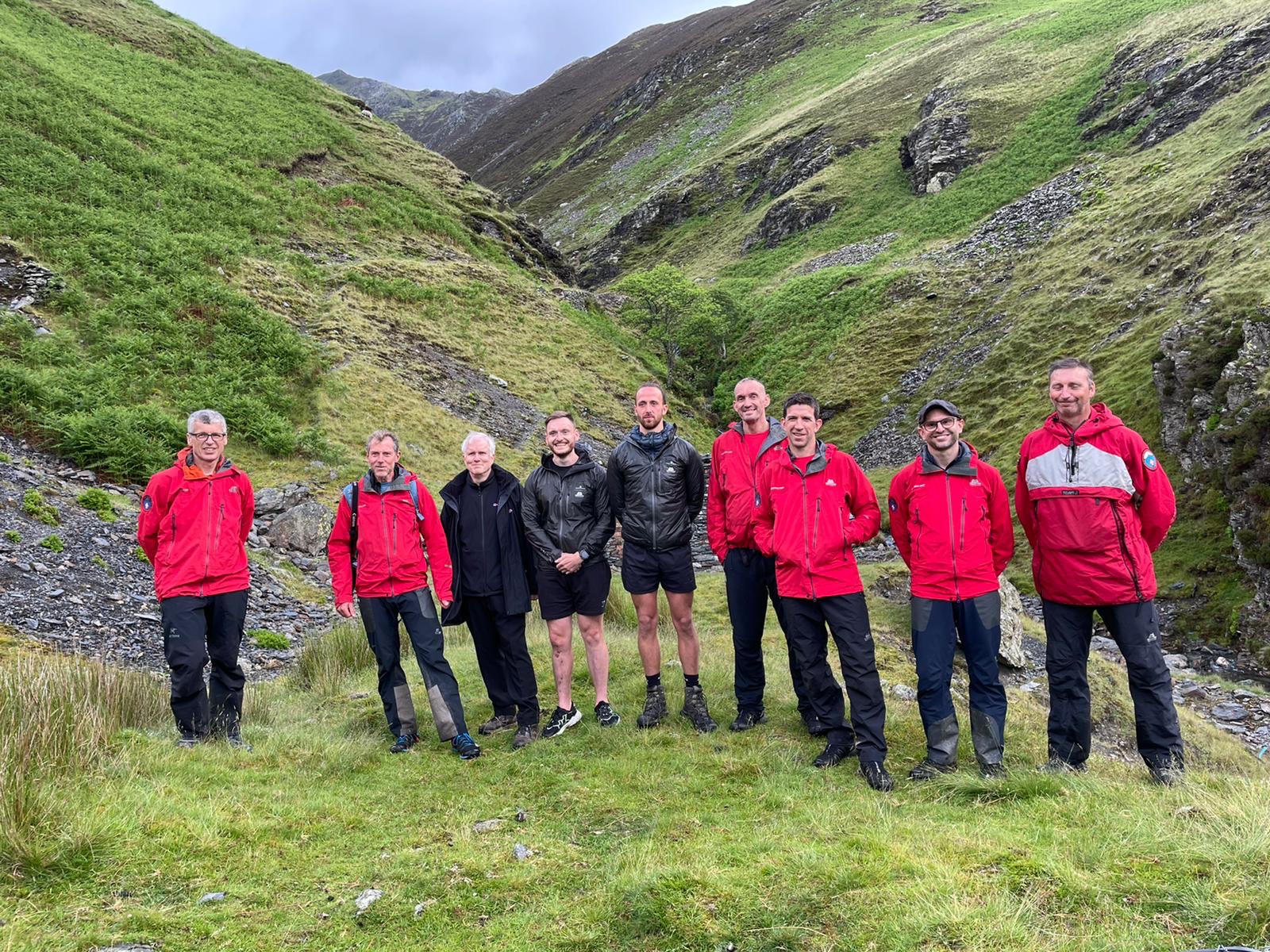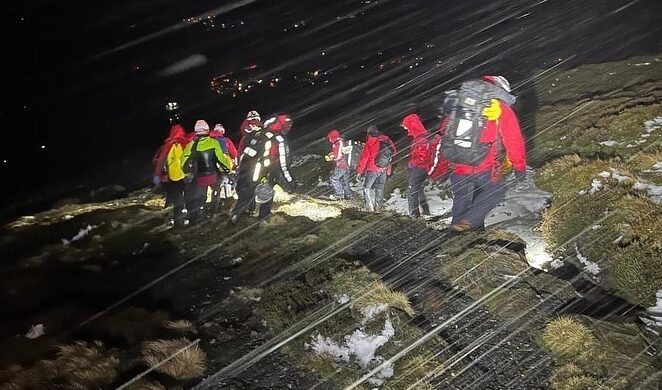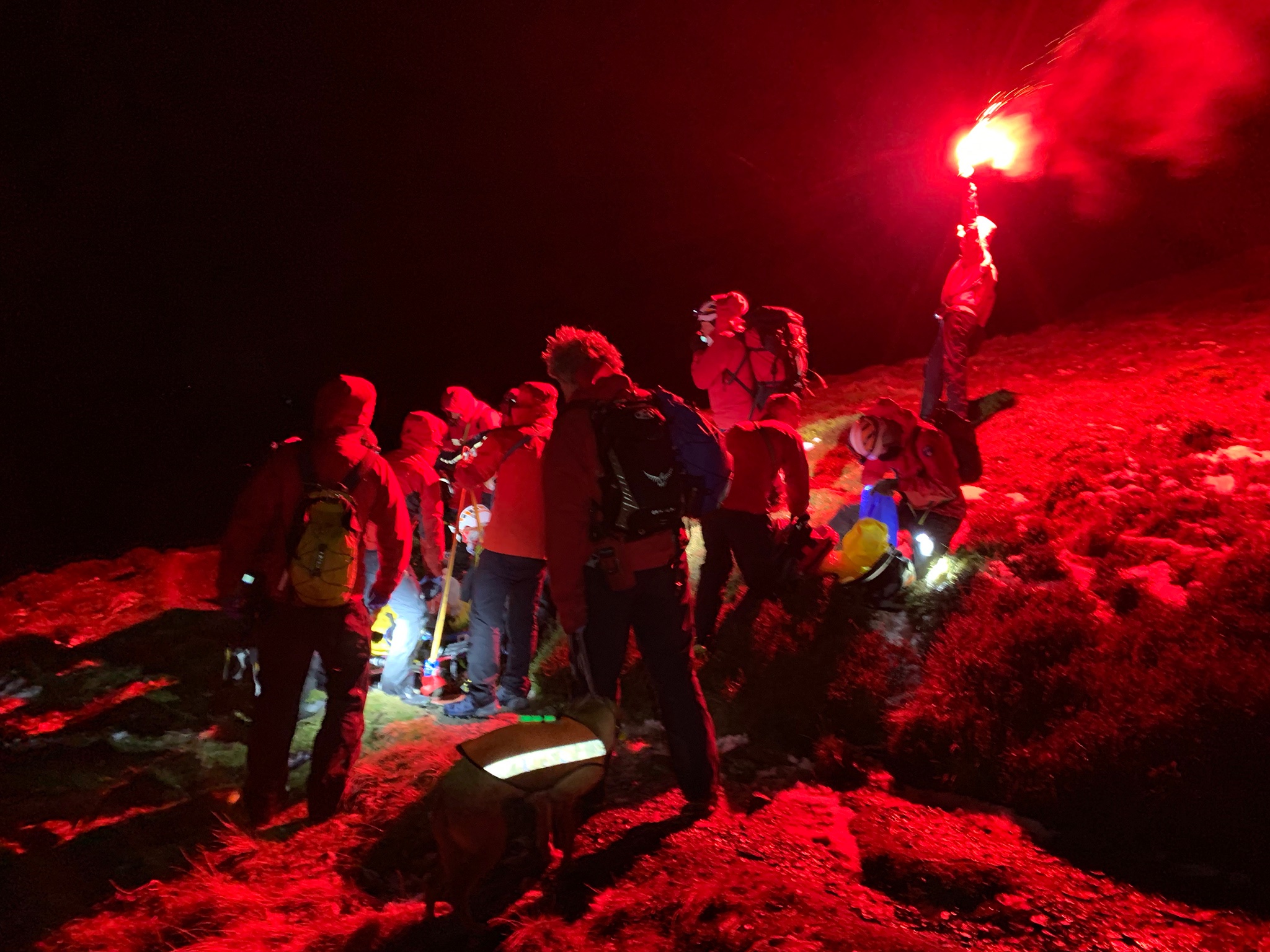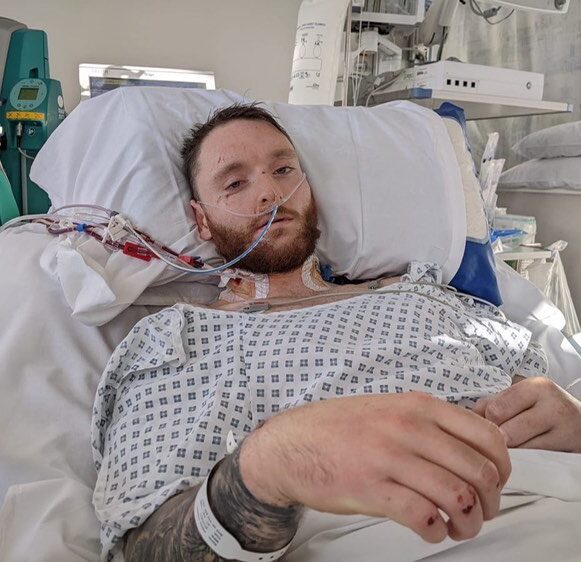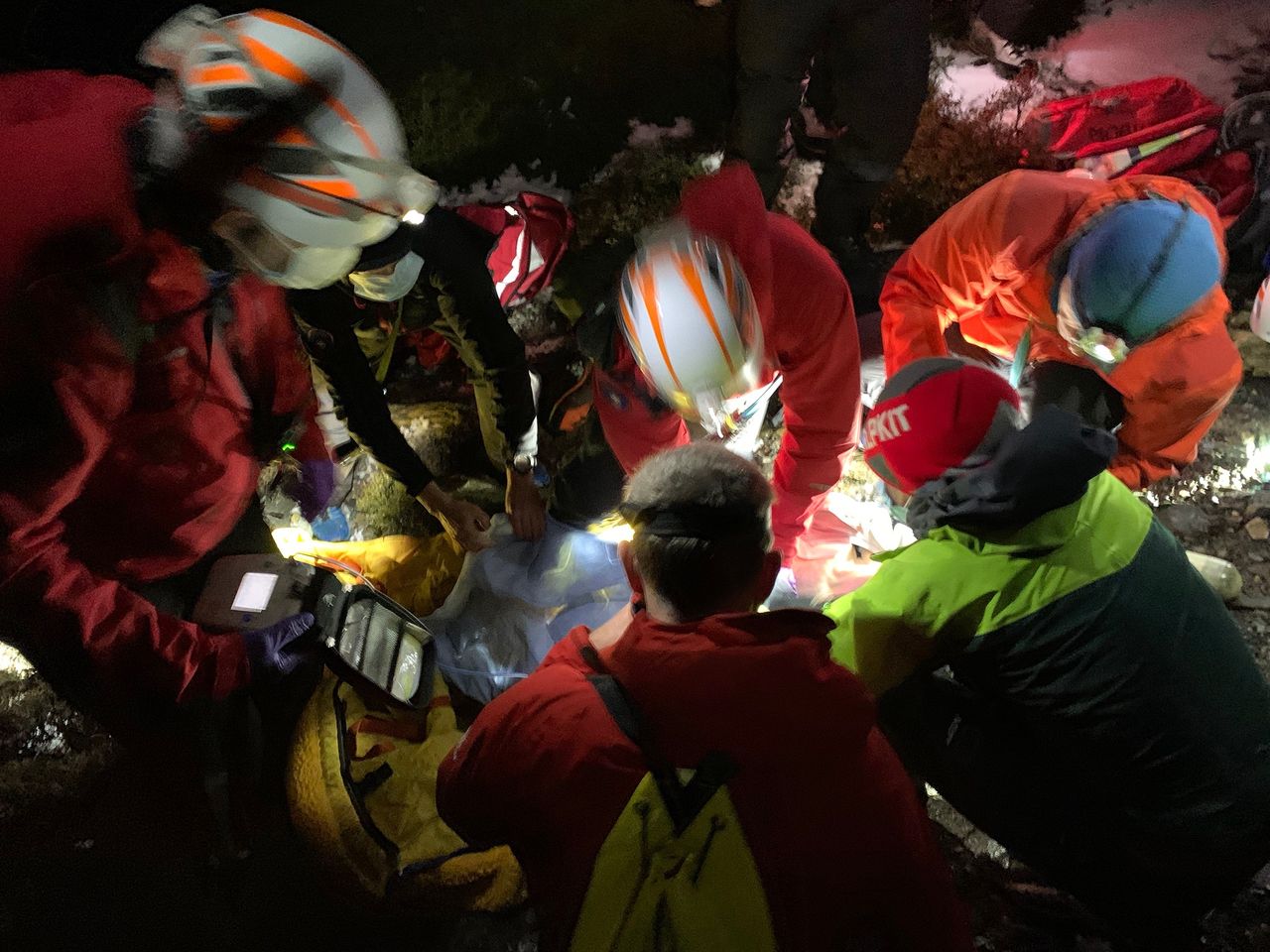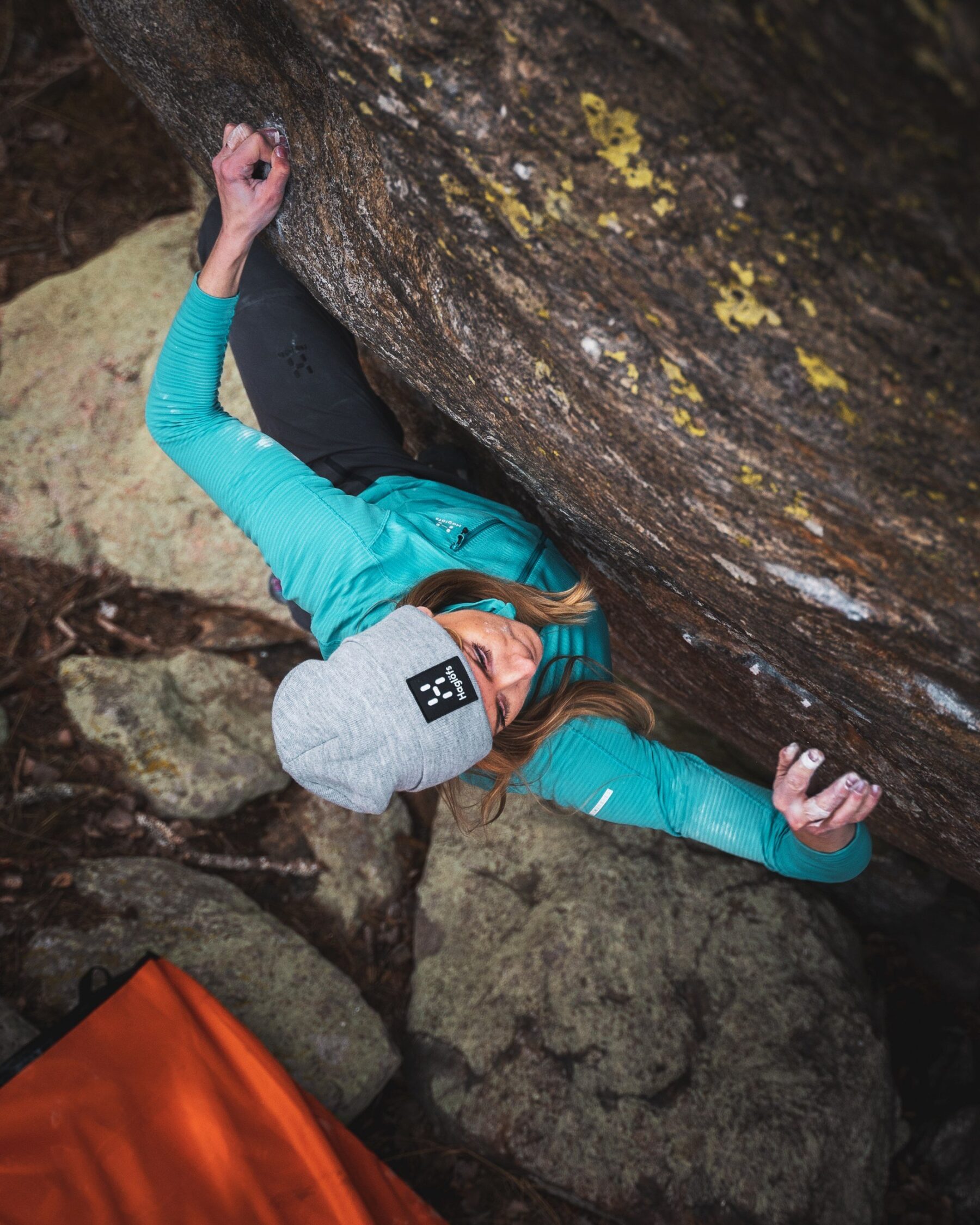Don’t miss a single adventure
Sign up to our free newsletter and get a weekly BASE hit to your inbox
Other posts by this author

Hannah Mitchell • October 19, 2022
Elnaz Rekabi returns to Iran amid fears for her safety
The professional climber may face persecution for defying Iranian hijab rules
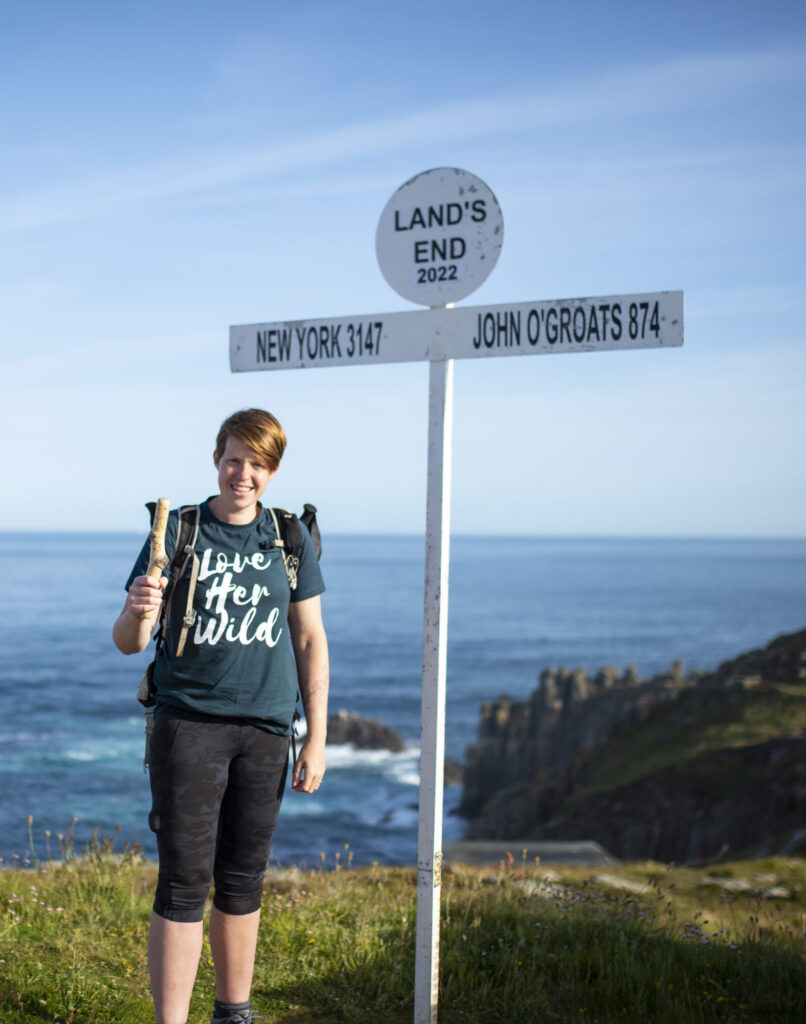
Hannah Mitchell • August 30, 2022
Women’s End2End Relay reaches the finish line
Love Her Wild's biggest event yet saw 699 women walk the length of Britain
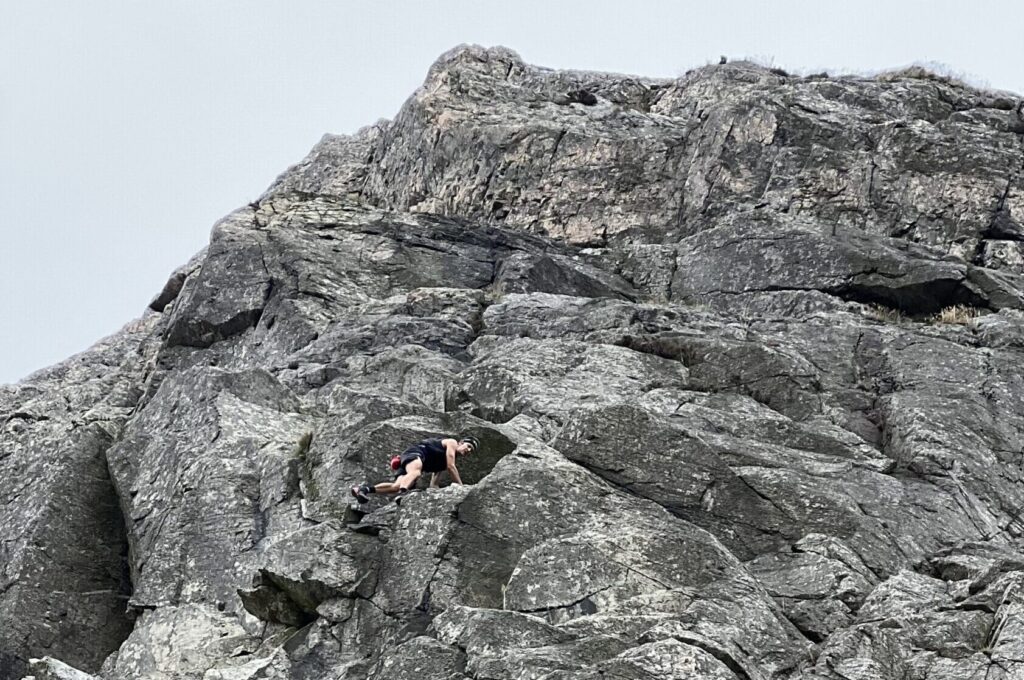
Hannah Mitchell • August 19, 2022
Lake District Classic Rock record smashed
Shane Ohly completed the self-supported rock and running challenge on Wednesday
You might also like
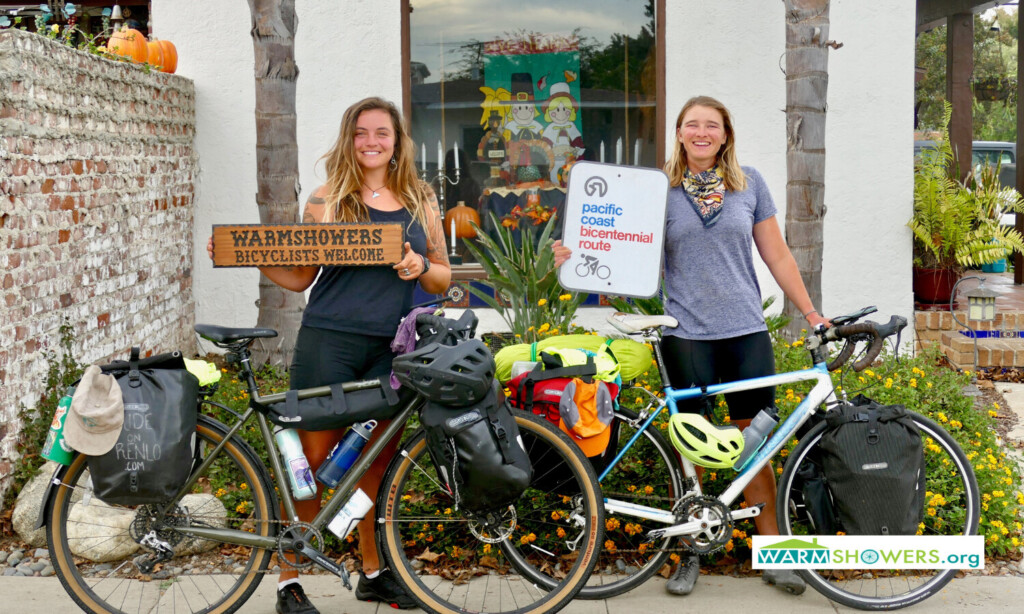
BASE editorial team • March 22, 2024
Warmshowers Unveils New Website For Touring Cyclists And Hosts
Warmshowers.org Foundation, a non-profit dedicated to connecting touring cyclists with generous hosts worldwide, unveils a new website.
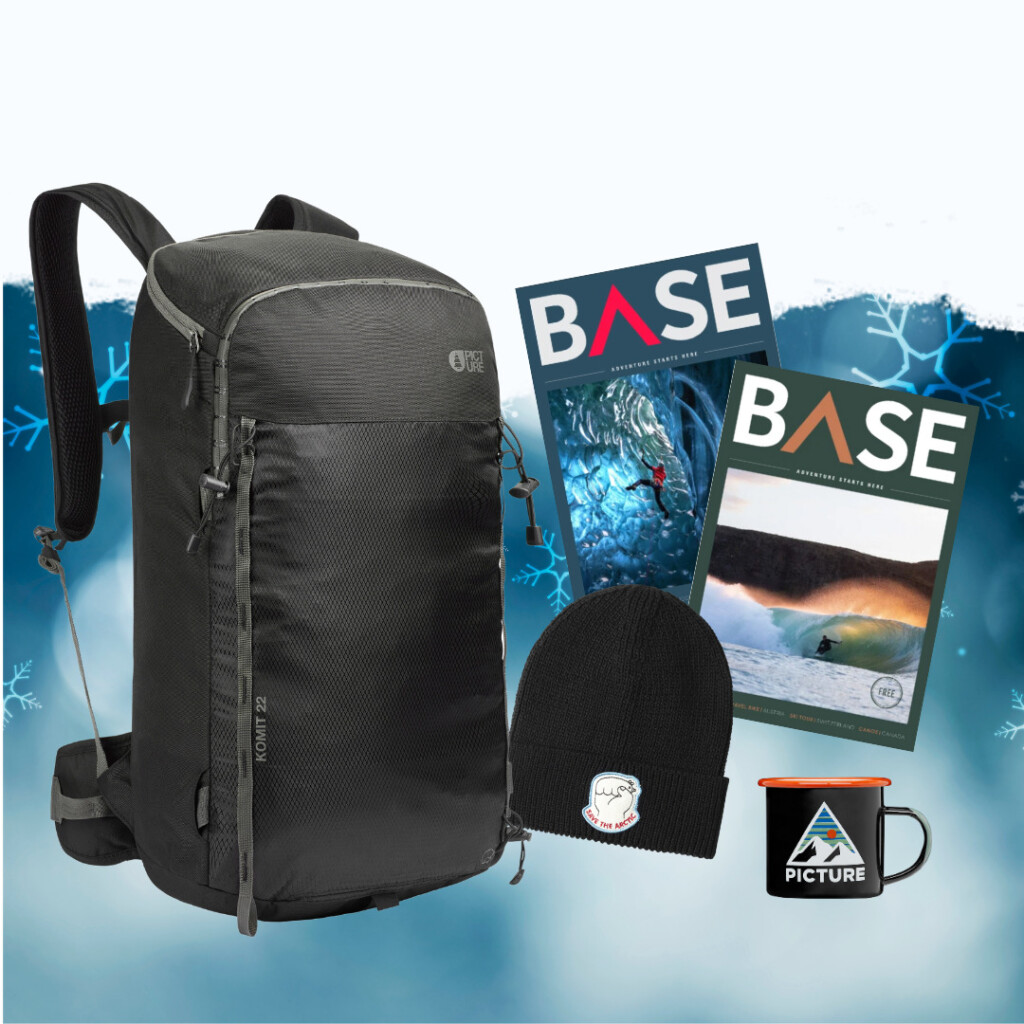
BASE editorial team • December 05, 2023
Win A Picture Organic Clothing Snow Day Bundle
Fancy getting your mitts on a cosy winter bundle from Picture Organic Clothing AND the next two issues of BASE magazine for free? Read on to find out how...

BASE editorial team • November 13, 2023
LISTEX Hosts Biggest Event To Date
LISTEX brought industry partners together across a packed three days of meetings, forums and networking

